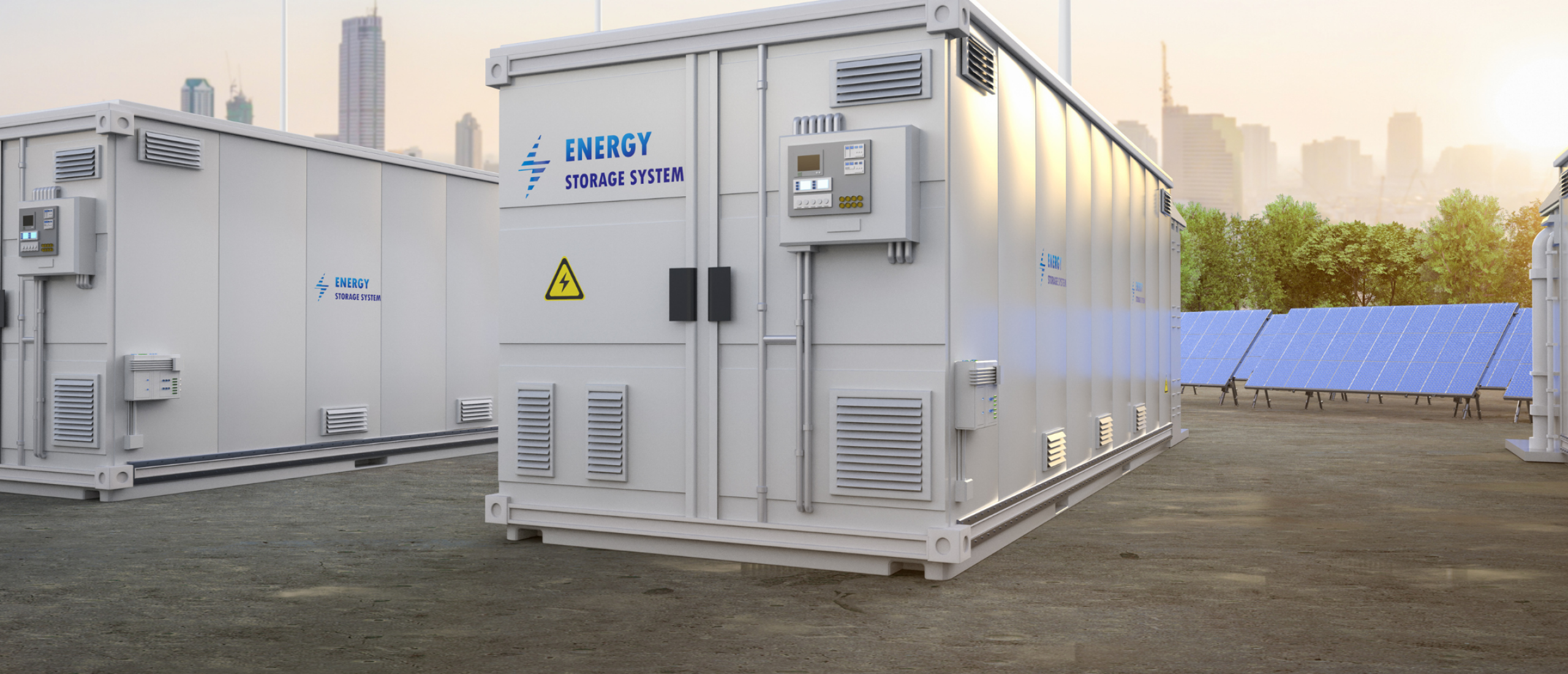
Key Contractual Considerations for BESS Procurement
Introduction
Procuring a Battery Energy Storage System (BESS) requires a well-structured contract to ensure performance, reliability, and risk management. A strong contract defines technical specifications, pricing, warranties, payment terms, delivery timelines, quality inspections and legal responsibilities between the buyer and supplier.
This guide outlines the critical contractual elements to consider when negotiating and finalizing a BESS procurement contract.
1. Technical & Performance Specifications
Your contract should clearly define the BESS’s technical requirements to ensure that the delivered system meets your needs.
Key Parameters to Include:
• Battery Technical Documentation: (e.g., datasheet, OCV curve, etc.)
• Power Rating (kW/MW): (e.g., 1 MW continuous, 2 MW peak)
• Energy Capacity (kWh/MWh): (e.g., 5 MWh usable capacity)
• Cycle Life: (e.g., 6,000 cycles @ 80% Depth of Discharge)
• Round-Trip Efficiency: (e.g., ≥90%)
• Compliance with Industry Standards: (UL 9540, IEC 62619, IEEE 1547, etc.)
✅ Best Practice: Ensure that BESS performance is contractually guaranteed, energy storage quality inspections are performed, and suppliers provide test reports verifying compliance.
2. Payment Terms & Pricing Structure
Define a clear payment schedule to align financial obligations with project milestones.
Common Payment Terms could be:
✅ 30% upfront payment upon BESS contract signing
✅ 40% payment upon Factory Acceptance Test (FAT) approval
✅ 20% payment upon successful delivery & installation
✅ 10% retention until system commissioning & final acceptance
🔹 Fixed vs. Variable Pricing:
• Fixed-price contracts: Lock in pricing to avoid cost overruns.
• Variable-price contracts: May be linked to raw material costs (e.g., lithium prices).
✅ Best Practice: Negotiate a performance-based retention fee (e.g., 10%) to ensure the supplier meets quality and performance commitments.
3. Delivery & Installation Timelines
Clearly outline the expected manufacturing, shipping, and installation timelines to avoid project delays.
Key Contract Clauses to Include:
• Manufacturing Lead Time: (e.g., 12-16 weeks from contract signing)
• Delivery Timeline: (e.g., Shipment within 4 weeks after FAT approval)
• Installation & Commissioning Deadline: (e.g., Completion within 6 weeks of delivery)
• Penalties for Delays: (e.g., Late delivery penalty of 1% per week, up to 10% of contract value)
✅ Best Practice: Include liquidated damages clauses to compensate for delays that impact project timelines.
4. Warranty & Performance Guarantees
A comprehensive warranty protects against early failures, manufacturing defects, and underperformance.
Key Warranty Terms:
Component | Warranty Period | Performance Guarantee |
Battery System | 10 years or 6,000 cycles | 70% capacity retention after 10 years |
Power Conversion System (PCS) | 5 years | Efficiency ≥98% over warranty period |
Battery Management System (BMS) | 5 years | Full functionality guaranteed |
✅ Best Practice: Ensure the contract specifies how warranty claims will be handled, including response times, replacement policies, and liability for installation costs.
5. Factory Acceptance Testing (FAT) & Site Acceptance Testing (SAT)
FAT Testing and SAT are critical testing phases that verify the BESS quality and functionality of the BESS before and after installation.
FAT (Factory Acceptance Testing) Requirements:
• Clear Performance Testing where the raw data can be collected
• Energy storage quality inspections: Verification of battery capacity, power output, and round-trip efficiency
• BMS & EMS functionality tests
• Safety & compliance testing
SAT (Site Acceptance Testing) Requirements:
• Full system integration testing
• Grid interconnection & compliance verification
• Final performance validation
✅ Best Practice: Make FAT & SAT approval mandatory before final payments are released.
6. Maintenance, Support & Spare Parts Availability
Define the supplier’s after-sales support to ensure long-term reliability.
Key Considerations:
• Ongoing Maintenance Plan: Regular inspections, software updates, and servicing
• Emergency Support Response Time: (e.g., Supplier must respond within 24 hours of a critical failure)
• Spare Parts Availability: Supplier must ensure spare parts availability for 10+ years
✅ Best Practice: Include a Service Level Agreement (SLA) to ensure timely maintenance and technical support.
7. Legal Protections & Risk Mitigation
Ensure that the contract includes legal safeguards to protect your investment.
Critical Legal Clauses to Include:
✅ Indemnity Clause: Defines liability for system failures, damages, or safety issues.
✅ Force Majeure: Protects against unforeseen events (e.g., natural disasters, pandemics).
✅ Termination Clause: Outlines conditions for early contract termination.
✅ Intellectual Property (IP) Rights: Defines ownership of system software and battery technology.
✅ Best Practice: Have legal counsel review the contract before signing to ensure comprehensive risk protection.
Conclusion
A well-structured BESS procurement contract minimizes risks and ensures project success. By clearly defining technical specifications, payment terms, warranties, delivery timelines, testing requirements, and legal protections, you can secure a high-quality, reliable energy storage solution. Learn more about BESS Contract Optimization here.
